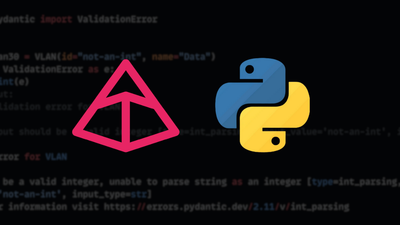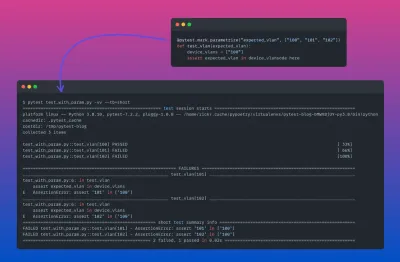Introduction
In this short article we will look into Python generators.
A generator is,
a function that returns an object (iterator) which we can iterate over (one value at a time).[1]
Therefore, unlike lists, they are considered lazy. The key benefit to generators is that as they only produce one item at a time they can reduce memory overhead when dealing with large datasets.
For example, let us consider you have a 2 million line log file. You want to parse each line and perform a whois on the source IP. Rather than having to load 2 million log lines into memory and then parse through them all using some whois module, you can use a generator to yield a single log line at a time, perform a whois, before moving onto the next. Therefore reducing the memory burden of the processing job.
Generator Functions
To create a generator a function is defined using the yield statement instead of return.
We can then iterate over our generator using next().
>>> def generator(num):
... print('Begin Generator ...')
... while num > 0:
... yield num
... num -= 1
...
>>> number = generator(5)
>>> next(number)
Begin Generator ...
5
>>> next(number)
4
>>> next(number)
3
>>> next(number)
2
>>> next(number)
1
>>> next(number)
Traceback (most recent call last):
File "<input>", line 1, in <module>
StopIteration
Generator Expressions
Generators can also be created in the same way as list comprehensions.
A typical list comprehension is shown below,
>>> [i for i in ['eth0','eth1','eth2']]
['eth0', 'eth1', 'eth2']
If we now use parentheses, a generator object is returned instead,
>>> (i for i in ['eth0','eth1','eth2'])
<generator object <genexpr> at 0x7fdb3d853af0>
And, as per before we can iterate over it like so,
>>> (i for i in ['eth0','eth1','eth2'])
<generator object <genexpr> at 0x7fdb3d853af0>
>>> interfaces = (i for i in ['eth0','eth1','eth2'])
>>> next(interfaces)
'eth0'
>>> next(interfaces)
'eth1'
>>> next(interfaces)
'eth2'
>>> next(interfaces)
Traceback (most recent call last):
File "<input>", line 1, in <module>
StopIteration
References
"Python yield, Generators and Generator Expressions - Programiz." https://www.programiz.com/python-programming/generator. Accessed 24 Apr. 2019. ↩︎











